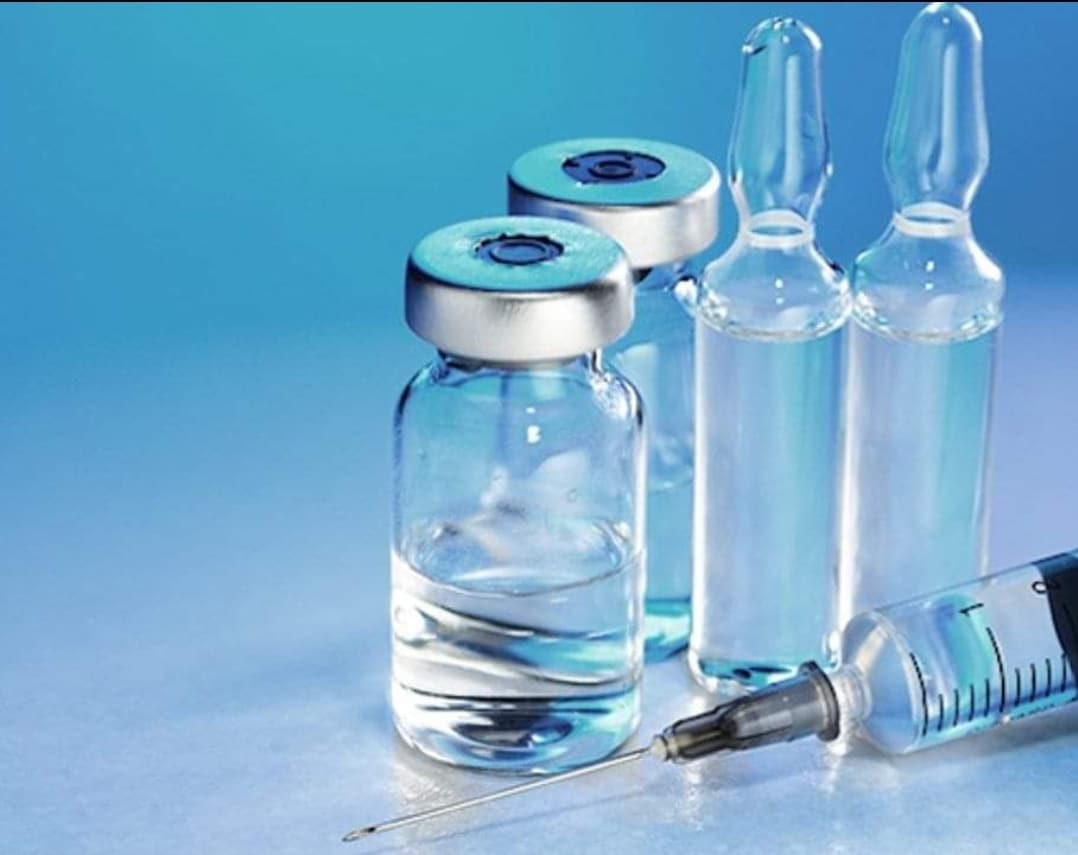USP Leachables Impact on Stability Testing
The United States Pharmacopeia (USP) leachable and extractable studies are critical in ensuring that pharmaceutical products do not contain harmful substances that could contaminate the final product. These studies are especially important for injectable and parenteral products as they directly interact with the patient’s body, emphasizing the need to ensure purity.
The stability testing of leachables involves evaluating how these potentially harmful compounds behave over time under various storage conditions such as temperature, humidity, and light exposure. Understanding the impact of leachables on product stability is essential for ensuring long-term safety and efficacy.
This service focuses on assessing the potential release of leachable substances from containers, closures, and delivery systems during shelf life, which can significantly affect the overall quality of injectable and parenteral products. The testing ensures that these products remain safe and effective over time by adhering to stringent USP standards.
Our laboratory adheres strictly to the guidelines outlined in USP monographs, ensuring accurate and reliable data. Our team of experts uses state-of-the-art equipment and methodologies to perform these tests, providing clients with comprehensive insights into potential risks associated with leachables.
The process involves extracting potential contaminants from the container or closure system using solvents that mimic real-world conditions, followed by analysis for compliance with USP specifications. This includes identifying and quantifying any compounds that may migrate into the product during storage and use.
By conducting this testing early in the development cycle, companies can address potential issues before they become critical problems in later stages of production or clinical trials. Early identification allows for necessary modifications to container systems, materials selection, or formulation adjustments to minimize risks associated with leachables.
The significance of USP leachable and extractable studies cannot be overstated, particularly when it comes to injectable and parenteral products where even small amounts of contaminants can pose significant health risks. Our comprehensive approach ensures that every aspect of the product’s interaction with its container is thoroughly examined, providing robust evidence for regulatory submissions.
Our services not only meet but exceed industry expectations by delivering detailed reports that outline all findings along with recommendations for improvement where necessary. With our deep expertise in this area, we are committed to helping pharmaceutical manufacturers produce safe and effective products that comply fully with global standards.
Scope and Methodology
The scope of USP leachable testing encompasses a wide range of parameters aimed at ensuring the purity and safety of injectable and parenteral pharmaceuticals. This service focuses specifically on evaluating the potential release of leachables from containers, closures, and delivery systems during shelf life.
- Container Closure Integrity: Evaluating how well the container holds its contents without leakage over time.
- Material Compatibility: Assessing whether the material used in packaging is compatible with the drug substance and excipients.
- Extractables Analysis: Identifying compounds that can potentially leach into the product due to interaction between container materials and contents.
The methodology involves extracting potential contaminants from the container or closure system using solvents designed to simulate real-world conditions. Once extracted, these samples undergo detailed analysis for compliance with USP specifications. This includes identifying and quantifying any compounds that may migrate into the product during storage and use.
Our laboratory employs advanced analytical techniques such as high-performance liquid chromatography (HPLC), gas chromatography-mass spectrometry (GC-MS), and inductively coupled plasma mass spectrometry (ICP-MS) to ensure accurate identification and quantification of leachables. These methods provide precise data on the nature, concentration, and behavior of potential contaminants under various environmental conditions.
The results of this testing are critical for understanding how different factors such as temperature, humidity, and light exposure might influence the release rate and total amount of leachables present in the final product. By simulating these environmental stresses during shelf life, we can predict their impact on overall quality and safety.
Use Cases and Application Examples
The USP leachables impact on stability testing is crucial for ensuring the safety and efficacy of injectable and parenteral pharmaceutical products. Here are several real-world applications where this service plays a vital role:
- New Drug Approvals: During the initial phases of drug development, testing leachables helps identify potential issues early on, ensuring that new formulations meet strict regulatory requirements.
- Container Closure Systems: Evaluating container closure systems ensures they are compatible with both active ingredients and excipients, minimizing the risk of contamination during storage and transportation.
- Material Selection: By examining how different materials interact with drug products, companies can select optimal packaging solutions that enhance product stability without compromising safety.
- Stability Studies: Assessing leachables over time helps pharmaceutical manufacturers understand the long-term effects of container materials on their products, facilitating more informed decisions regarding shelf life and storage conditions.
In conclusion, USP leachables impact on stability testing is a fundamental component of ensuring that injectable and parenteral pharmaceuticals remain safe and effective throughout their lifecycle. By partnering with our laboratory, you can gain valuable insights into potential risks associated with leachables, helping to protect both your reputation and the health of patients.
Why Choose This Test
- Compliance: Ensures adherence to USP guidelines for container closure systems and leachable substances, enhancing product safety and regulatory compliance.
- Risk Assessment: Identifies potential risks early in the development process, allowing companies to make necessary adjustments before clinical trials or manufacturing.
- Quality Assurance: Provides comprehensive insights into the interaction between container materials and drug products, ensuring consistent quality across batches.
- Regulatory Support: Offers robust evidence for regulatory submissions, supporting successful approval processes by pharmaceutical manufacturers.
- Expertise: Leveraging our team’s deep expertise in this area allows us to deliver accurate and reliable data that meet the highest industry standards.
- State-of-the-Art Equipment: Utilizing advanced analytical techniques ensures precise identification and quantification of leachables, providing detailed reports for every aspect of the product.
- Rapid Turnaround: Our efficient processes allow us to deliver timely results without compromising on accuracy or comprehensiveness.





